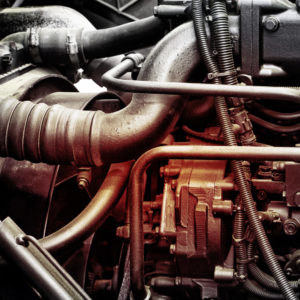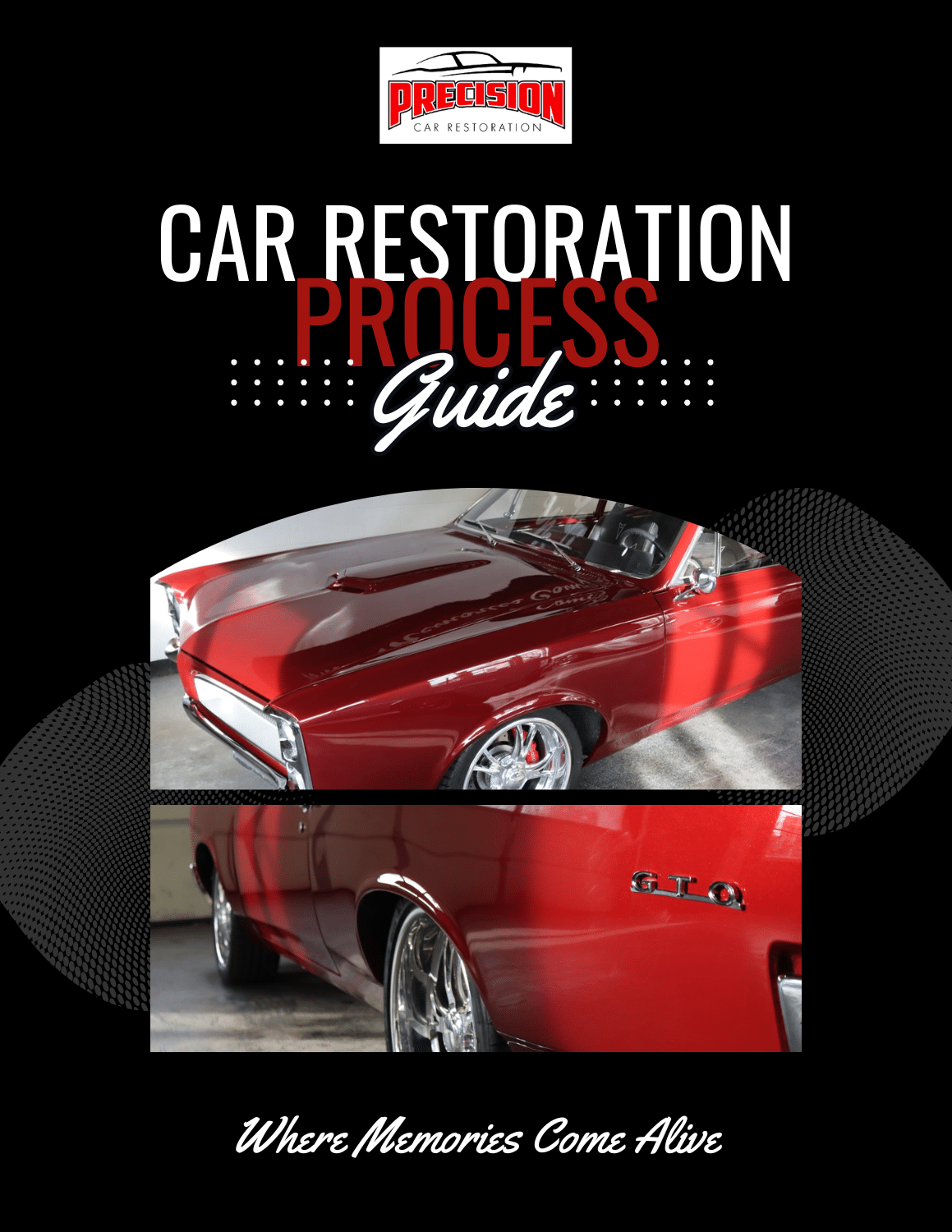 Time takes its toll on all things –– and that includes classic cars. While many dedicated owners have taken great pains to maintain and restore classic vehicles, many classic cars still require serious repairs or alterations in order to make them safe for regular use on the road. Plain and simple, mechanical parts that are 50+ years old often need to be replaced, repaired, or even upgraded. To that end, today we’ll explain everything you need to know about a classic car engine rebuild. Here, we’ll describe the difference between a rebuild and repairs, how to tell if your car needs a rebuild, and if it’s worth the investment.
Time takes its toll on all things –– and that includes classic cars. While many dedicated owners have taken great pains to maintain and restore classic vehicles, many classic cars still require serious repairs or alterations in order to make them safe for regular use on the road. Plain and simple, mechanical parts that are 50+ years old often need to be replaced, repaired, or even upgraded. To that end, today we’ll explain everything you need to know about a classic car engine rebuild. Here, we’ll describe the difference between a rebuild and repairs, how to tell if your car needs a rebuild, and if it’s worth the investment.
Classic Car Engine Repairs vs Rebuild
Maintenance is key to ensuring the longevity of any classic car. However, maintenance and repairs typically occur in isolated events. Replacing a worn spark plug is a good example of a common repair that a mechanic may recommend during a tune-up.
On the other hand, a full engine rebuild involves disassembling the engine completely and addressing most (if not all) components of the engine. Note here that some shops will try to blur the lines between regular repairs and a rebuild project, but they are not the same –– in scale, price, or final result.
Signs Your Car Needs an Engine Rebuild
There are some telltale signs of engine trouble that all classic car owners should be aware of. Noticing one of these issues alone might not indicate the necessity of a full engine rebuild. Still, if your car exhibits several of these signs at once, then you may need to consider a rebuild:
- Banging or knocking sounds.
- White exhaust.
- Metal flakes in the engine oil.
- Excessive oil consumption.
- Poor engine compression.
Over time, mechanical parts within an engine can either warp from excessive heat or become worn from years of use. Generally speaking, any car that has over 100,000 miles logged on its engine may be a good candidate for an engine overhaul.
Rebuilds vs Swaps
At a certain point, an engine may be so badly damaged that trying to salvage it is either not possible or financially responsible. In such a situation, a classic car owner may opt to have a crate engine installed. The good news is that engine swaps can seriously upgrade the performance of a classic vehicle. And there is a history of muscle car owners voluntarily replacing their engines for bigger, more powerful alternatives.
Is a Rebuild Worth the Investment?
In the right circumstances, rebuilding a classic car’s engine can prove to be a fantastic investment. Some great-looking vehicles simply require mechanical upgrades and repairs in order to recapture their former glory. What’s more, some classic car owners place great value on using OEM parts during rebuilds and repairs. If authenticity is your aim, then a rebuild may be a better choice than an engine swap.
While regular maintenance and attention can prevent many classic car engine issues, an engine rebuild can nevertheless greatly extend the life and viability of your classic vehicle.
Contact the Pros
At Precision Restorations, we have the skills and the resources to complete virtually every type of mechanical repair a classic car could ever need. Whether you need a tune-up, transmission rebuild, fuel tank cleaning, A/C installation, engine swap, or any other kind of engine work, we’ve got you covered. We’re always happy to speak to our customers about their classic cars. Contact us toll free at 1-844-652-1966. Or you can email me directly at [email protected].

